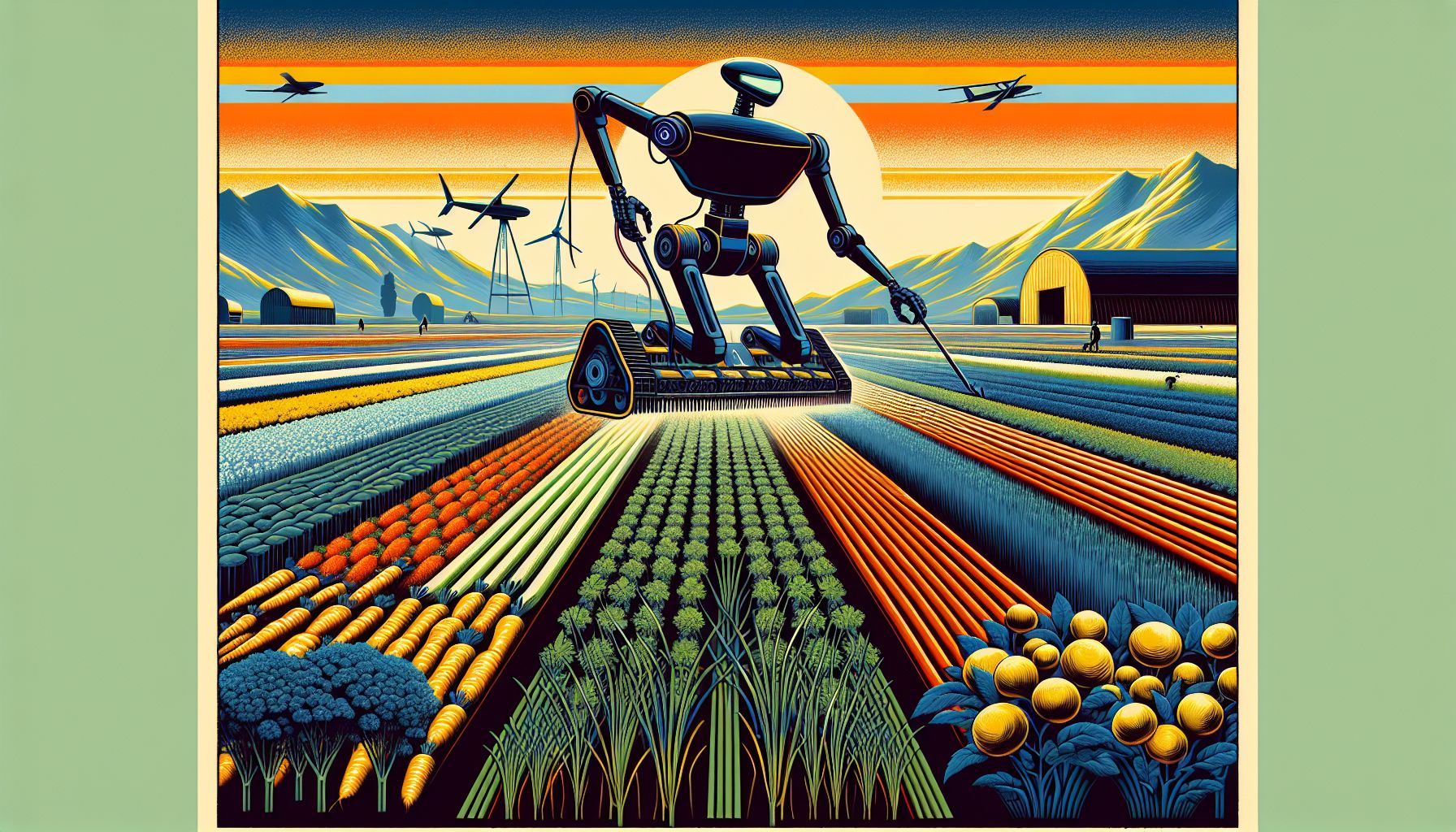Odd.Bot Unveils Maverick Robot to Transform Organic Farming

Delft, Monday, 16 December 2024.
Odd.Bot’s Maverick weeding robot can replace up to ten human workers, enhancing efficiency and sustainability in organic farming of crops like carrots, onions, and chicory.
Revolutionary Agritech Solution
This agritech innovation comes from Dutch startup Odd.Bot, which has now launched its automated solution in multiple European markets including Belgium, France, Germany, and the Netherlands [1]. The Maverick robot, equipped with up to three Weader weed picking arms, represents a significant advancement in agricultural automation, capable of replacing 80% of manual weeding labor and the work of up to 10 manual weeders per unit [1].
Technical Specifications and Capabilities
The Maverick is designed for efficiency and sustainability, weighing just 400 kilograms and operating at speeds of up to 600 meters per hour [1]. The robot utilizes advanced technology including sensor-fusing stereo-vision, visual odometry, and crop-line following for navigation, while being powered by 24-volt batteries that provide 8 hours of operation each [1]. For a typical field, the robot can complete weeding operations on one hectare in approximately 16 hours [1].
Market Impact and Availability
As part of its market rollout, Odd.Bot plans to deploy 20 units in the field in 2025 [1]. The Maverick system is available starting at €95,000, with individual Weader weeding arms priced at €32,000 [1]. This innovation comes at a crucial time when the agricultural sector is seeing significant advancement in autonomous technologies, with various companies developing solutions to address labor shortages and sustainability challenges [3].
Broader Industry Context
The introduction of Maverick aligns with the broader agricultural industry’s shift toward automation and sustainability. In 2024, agricultural robotics have demonstrated the ability to reduce herbicide use by up to 90% [7], marking a significant advancement in sustainable farming practices. The technology represents part of a larger trend in precision agriculture, where AI and robotics are increasingly being deployed to enhance efficiency and reduce environmental impact [5].

